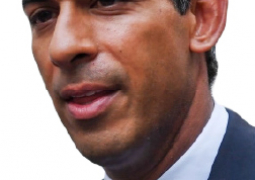
“I would like to reaffirm the government’s commitment to mainstreaming ITCs for better outcomes in the agricultural sector,” Minister Bah said in a statement read by deputy permanent secretary of MOCDE during the recent opening of Deep Learning Indabax-The Gambia three-day training at the UTG.
An Indaba is a locally-organised gathering that helps to develop knowledge and capacity in machine learning and artificial intelligence in individual countries across Africa, while Deep Learning IndabaX is a locally-organised Indaba that helps to spread knowledge and builds capacity in machine learning.
“We continue to prioritize support to interventions geared towards creating the enabling environment for digital technologies to thrive and as such we welcome events of this nature,” he told members of IndabaX- The Gambia.
Minister Bah said further: “Artificial intelligence has become a reality that we need to embrace, and this can only be done if we put in place the right strategies to ensure our tech savvy youth reap the benefits of this unprecedented wave of innovation.”
Moving forward, he said data science has become an important value addition to the planning and policy-making process especially in the global south, which has been crying for more informed and evidence-based interventions over the years.
He said agriculture was supposed to be the bedrock of The Gambia’s socioeconomic transformation process but was quick to add that its “dwindling contribution to the gross domestic product and overall development is largely owing to the low rate of innovation in the sector”.
In this regard, he said the IndabaX training subject on ‘deep learning in agriculture’ was significant in helping participants to come up with solutions that could transform the agricultural sector.
The theme of IndabaX-The Gambia training was in line with the objective of the e-agriculture strategy 2020-2024, he said, adding: “The agricultural sector prioritizes leveraging technology to improve outcomes as outlined in the National Development Plan RF-2023-2027.
“I firmly believe that the challenge going forward for us as a country is to transition from rolling out the usual e-platform that provide market information for women or give them access to markets, to focus on devising strategies to help us deploy tools for better forecasting, pest and disease control and overall yields,” he said.
In conclusion, he said there is a greater need for all to continue to showcase selfless dedication to development of ITCs and foster innovation in The Gambia to enhance social development.





